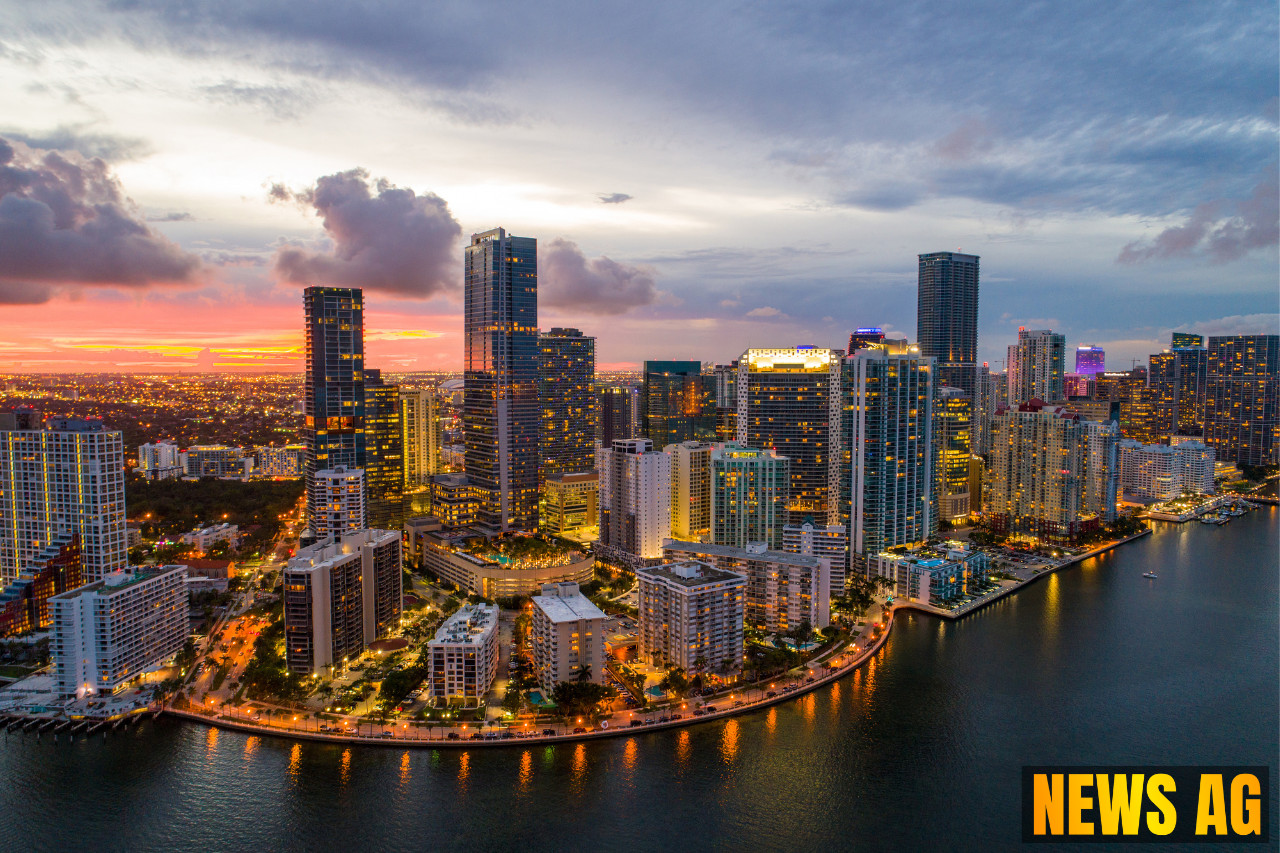
The upcoming Miami City Commission meeting is sparking intense debate as commissioners prepare to discuss a proposal aimed at altering the timing of local elections. Introduced by Commissioner Damian Pardo, this proposal seeks to shift elections from odd years to even years, aligning them with presidential and midterm elections. The goal? To boost voter turnout, which has remained abysmally low—recent data shows a mere 11% turnout during a special election in District 4. Pardo believes this change could catapult voter participation to a more robust 65-70% K.B. Independent.
However, the proposal comes with significant consequences. If approved, it would extend the terms of current officeholders, including Mayor Francis Suarez and Commissioner Joe Carollo, both of whom are set to exit their positions in 2025. By delaying the November election, these officials would effectively continue to serve for an additional year—a move that has drawn sharp criticism from mayoral candidates like Ken Russell and Emilio Gonzalez, who characterized it as a „power grab.“ Notably, Russell advocates for putting this decision to a public vote through a petition initiative dubbed „Stronger Miami“ Floridian Press.
Public Reaction and Concerns
The proposed change has ignited a firestorm of concern among residents. They worry that it undermines the democratic process, allowing elected officials to prolong their terms without direct voter input. Pardo’s resolution for lifetime term limits on officeholders, mandating a cap of two terms for both mayors and commissioners, does attempt to address such concerns by ensuring that individuals cannot return to office after serving their time. This proposal, however, is also tied to the electoral timeline shift Floridian Press.
Interestingly, a survey funded by Pardo’s political committee revealed over 60% of respondents supported both the election date change and the term limits. Is the public outcry against perceived self-serving motives simply a reflection of deeper frustrations with governance? A broader national context appears to show that Americans are increasingly in favor of structural changes within the political system; for instance, an astounding 87% support term limits for Congress Pew Research.
Civic Engagement on the Rise
As the City of Miami prepares for a pivotal discussion on June 17, civic engagement appears critical. Eileen Higgins, a current County Commissioner, has vowed to continue campaigning, regardless of the election timing. This demonstrates a commitment that might resonate with constituents eager for transparency and accountability in local governance.
The ongoing dialogues about proposed changes reveal an electorate that is not only watching closely but is also ready to make its voice heard. With a backdrop of potential reforms, including automatic voter registration and stronger identification requirements—supported by 76% of citizens—it seems that Miami’s residents are demanding a political landscape that reflects their needs and concerns Pew Research.
As we approach this crucial commission meeting, one must ask: Will Miami’s leadership heed the call for democratic engagement, or will it choose to redefine the game in a way that serves the few rather than the many? Only time will tell.
